Hiroshima & Nagasaki, 77th anniversary of atomic bombing
Japan commemorated the 77th anniversary of the atomic bombing of Hiroshima and Nagasaki. Survivors and relatives marked the anniversary by observing a minute of silence.
The United States dropped the first atomic bomb codenamed Little Boy on Hiroshima on August the sixth 1945, destroying the city and killing 140,000 people, mostly civilians, including many children.
Three days later a second bomb was unleashed on Nagasaki, killing another 70,000, forcing Japan to surrender and ending World War Two. The bombs also left tams of thousands more dead in the months and years that followed, many from radiation related illnesses.
Many who survived the attacks continue to require welfare and medical care.
During the memorial, the Japanese prime minister said the government would continue to support the survivors and demanded that all nations work together to promote the total abolition of nuclear weapons.
The US despite being the only country to have used nuclear weapons of mass destruction during war seems to have learned no lesson from the horrific incident.
The weapons should be eliminated from the entire Earth. The United States, as a government, as a nation, has learned really no lessons. In fact, although there was a strong movement to eliminate nuclear weapons in the1970s, resulting in the Non Proliferation Treaty, in which the United States pledged to eliminate nuclear weapons, It did not do so and in fact, over the last few years has committed from the end of the Obama administration to a trillion dollar nuclear weapons modernization program, which runs directly in the face of any commitment to eliminating nuclear weapons.
And so it's really, the United States really has nothing to say about other countries having nuclear weapons until it gets its own act together.
Emanuel Yi Pastrech, Asia Institute
In 1968, the world agreed on a new treaty, the nuclear Non Proliferation Treaty (NPT), with over 190 countries currently signed up to the NPT. The major nuclear powers agreed to reduce their arsenals, in exchange, other nations agreed not to have them at all. In the 1970s the deals between Russia and the US continued becoming more focused on long range missiles.
Although the rivalry between these two global powers intensified in 1991, there was a new START treaty aimed at decreasing the size of their nuclear arsenals and underpinning the justification by the West for these weapons, which is a concept generally referred to as "nuclear deterrence".
But now Russia has intensified its rhetoric of using nuclear weapons in the ongoing conflict in Ukraine. The US and the EU on the other hand, continue to provoke Moscow despite the inherent risk of such foolhardy actions.
There really was no reason for this conflict with Russia, other than the way in which it has aided the highly financialized speculative economy of the United States and, by extension, Germany, France, Great Britain and Israel, which have committed to a system in which now, because of this massive printing of money, and the creation of false assets, only a war economy can save them from this catastrophe. So provoking a war with Russia, a thoughtless and dangerous move, does have the effect of increasing the value of the dollar in the short term.
Emanuel Yi Pastrech, Asia Institute
As tensions rise between these two countries, which still have the largest nuclear arsenals, the world is now forced to look at history and the present to avoid an incident similar to the tragedy of Hiroshima.
During the 77th anniversary of the world's first atomic bomb attack, the United Nations Secretary General, while calling for Disarmament, said the world is playing Russian roulette with a fully loaded gun.
And today, the world is in danger of forgetting the lessons forged 77 years ago. Almost 13,000 nuclear weapons are being held, stockpiles are being upgraded, and the common thread of potential nuclear relation runs through geopolitical crisis (the) world over, from the Middle East to the Korean peninsula to Russia's invasion of Ukraine.
Antonio Guterres, UN Secretary General
A clear example of such threats would be Israel, which has long been in possession of nuclear weapons.
Iran has pushed for the establishment of a middle east free of weapons of mass destruction, which the Islamic Republic initiated at the UN.
But Israel won't comply.
Tehran has repeatedly warned that West Asia, and in fact, the entire world is being threatened by the nuclear weapons of the Israeli regime, urging international pressure on Tel Aviv to join the nuclear Non Proliferation Treaty.
VIDEO | Tehran residents condemn US-Israel orchestrated mosque arson, vandalism
VIDEO | South Koreans demand end to joint US military drills and provocative policy against North Korea
VIDEO | A silent grief: Palestinian man struggles to recover remains of wife, children
Hind Rajab Foundation files complaint against Israeli genocidal propagandist in US
VIDEO | Trump fighting allies on Greenland
Iran FM: Selective respect for deals now haunting Europe
Arab rights group urges UK to sanction Netanyahu over 'incitement to genocide' in Gaza
‘Political, non-constructive’: Iran slams UNHRC special session on recent riots


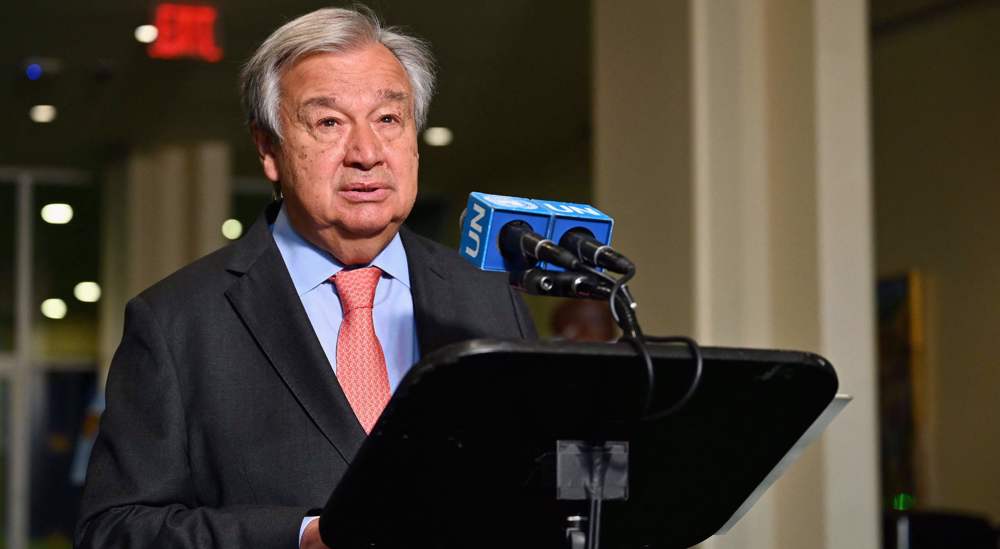
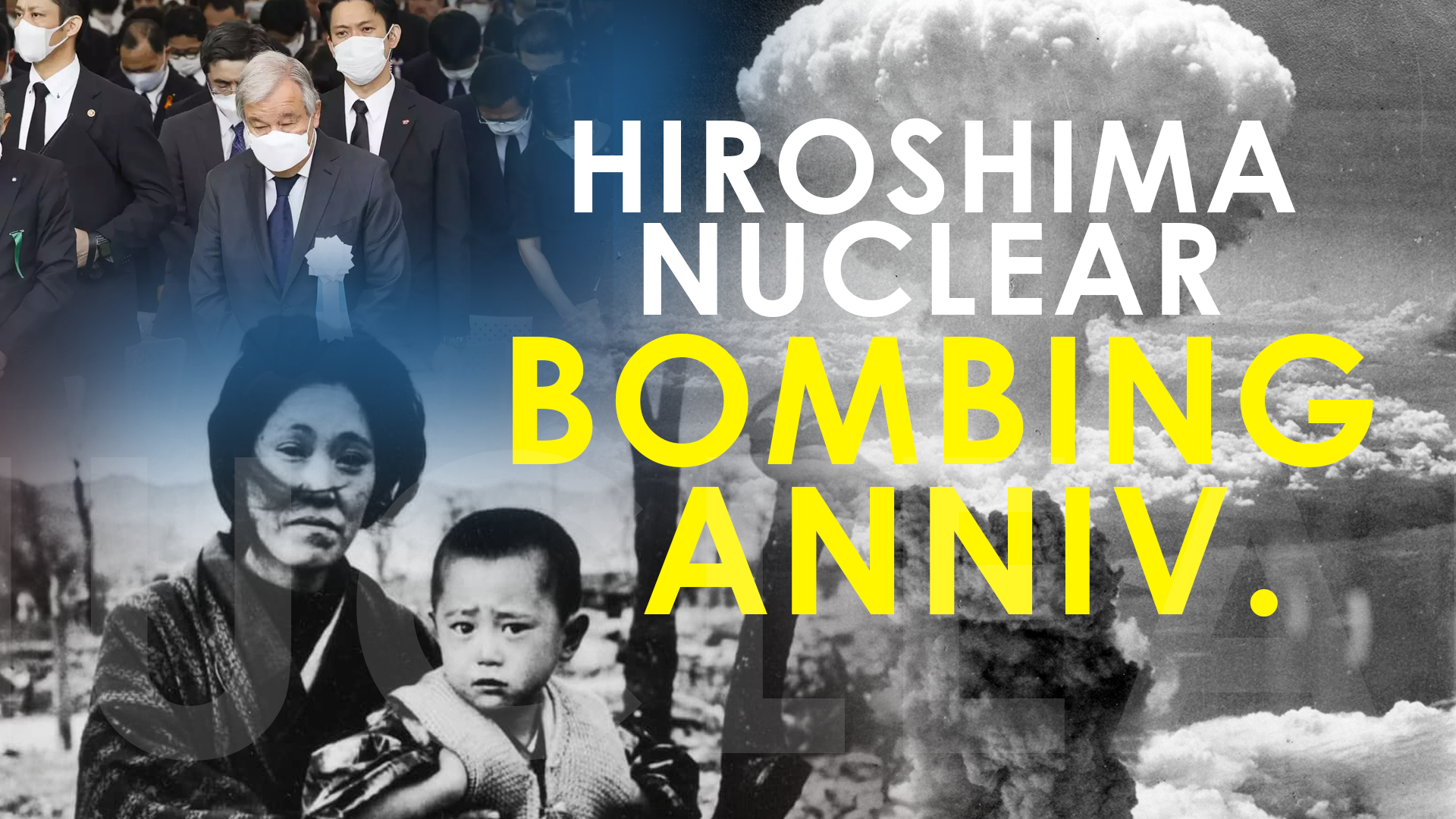
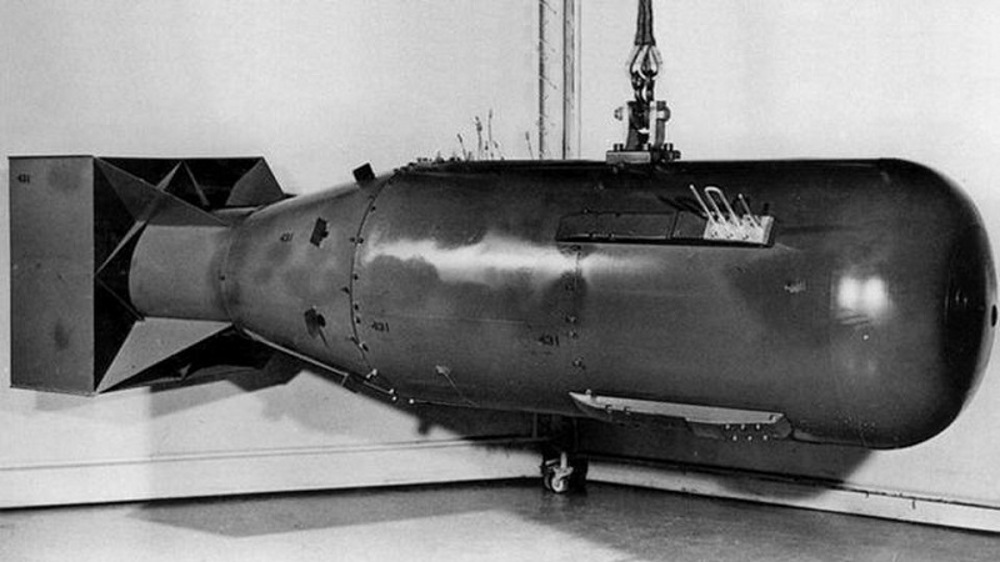
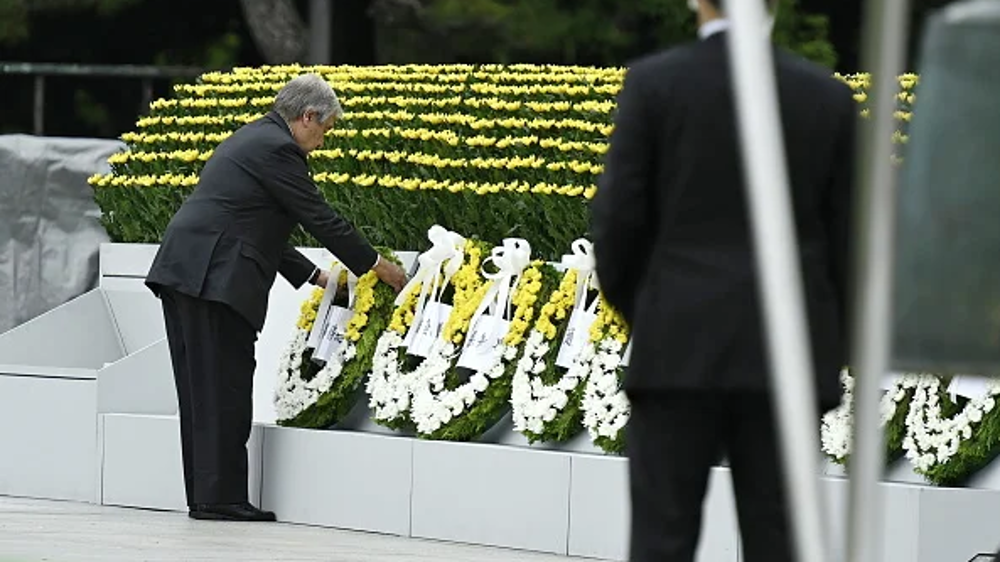
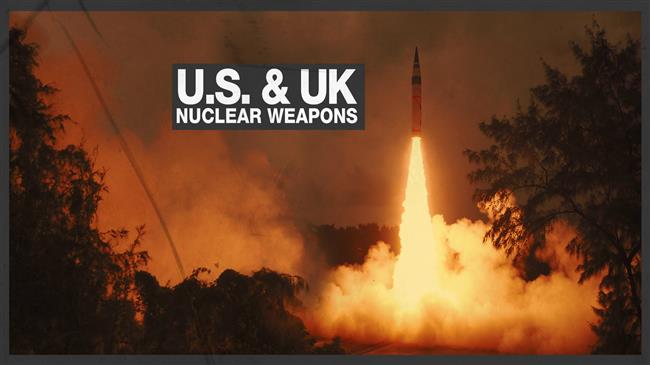
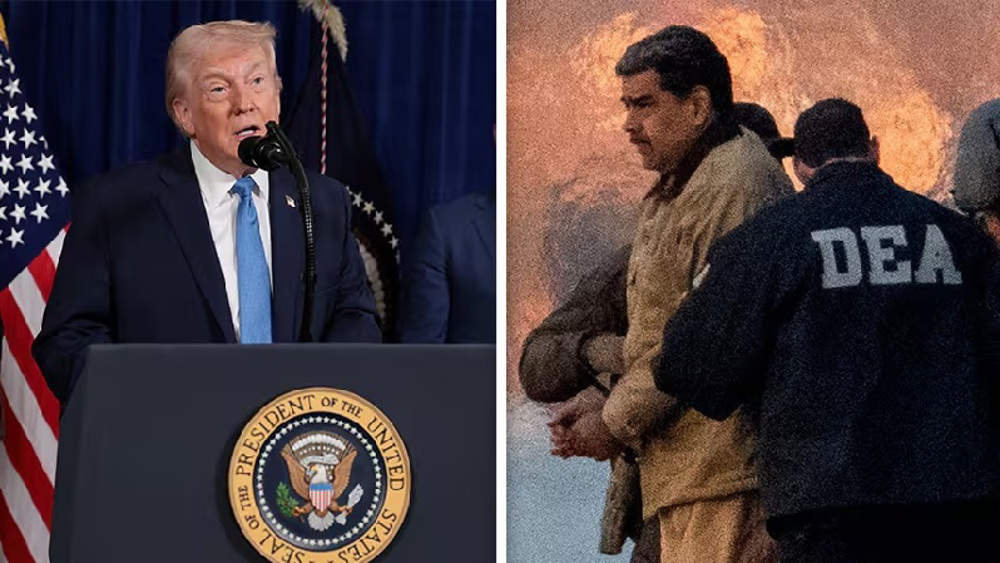

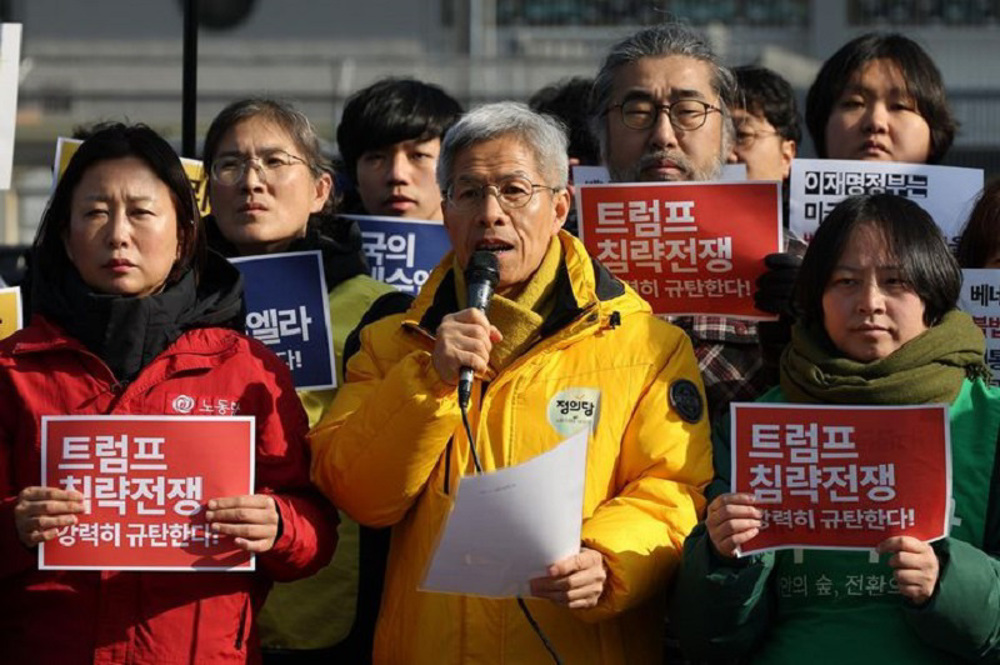



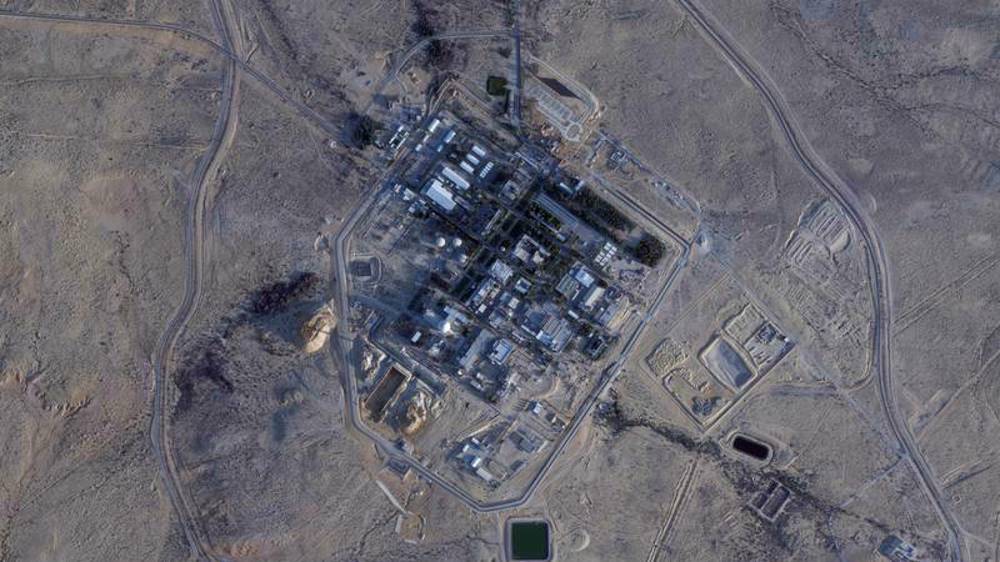
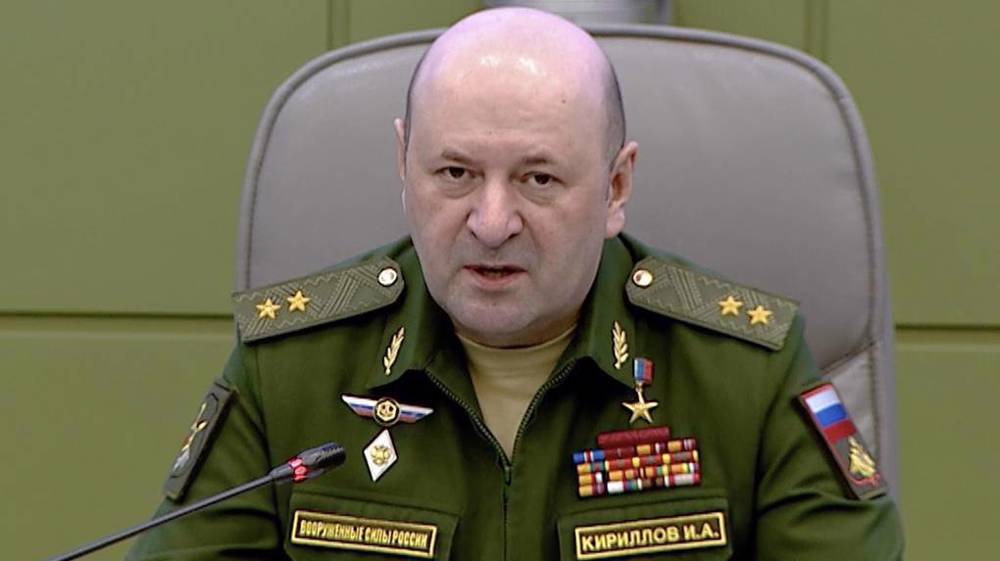
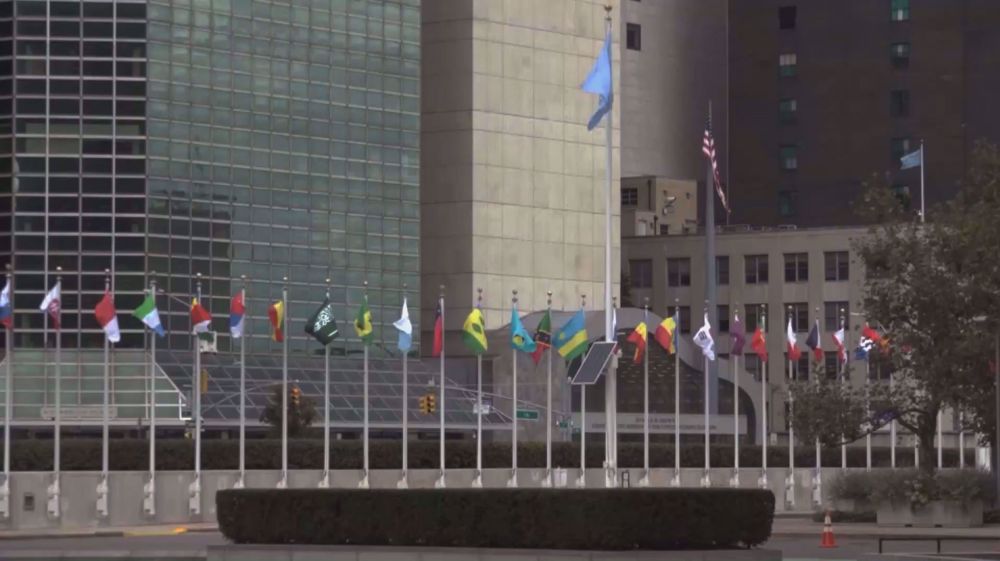

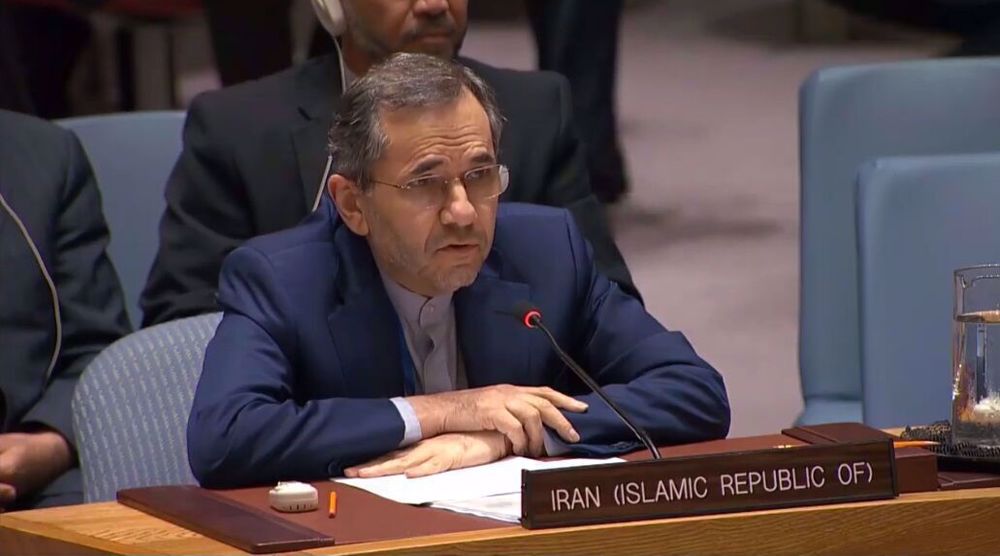
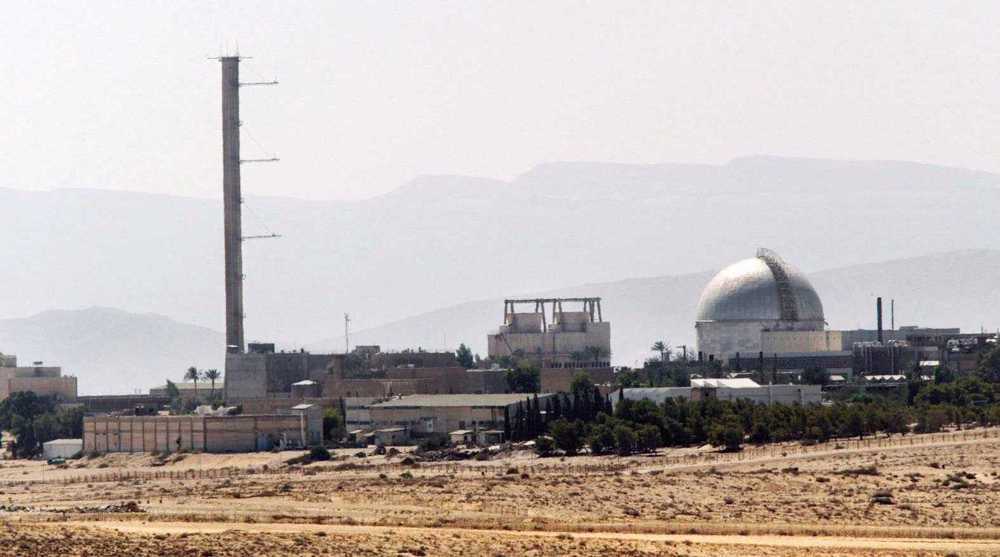

 This makes it easy to access the Press TV website
This makes it easy to access the Press TV website